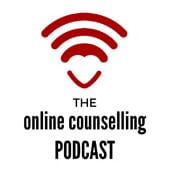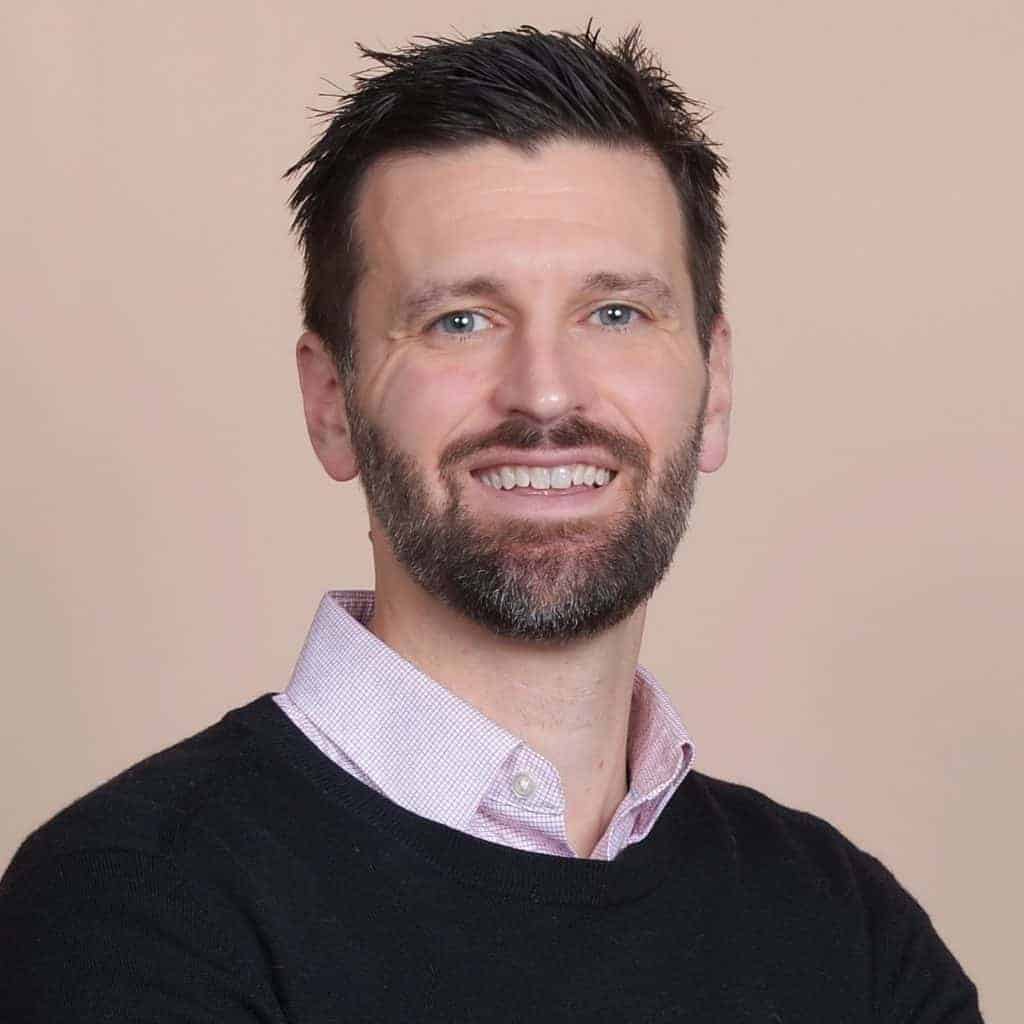Online Counseling
to help you thrive!
Let's get started with a free consultation!
Please Choose Who Counseling Is For:
FEATURED IN












Watch our video above to learn more about Synergy eTherapy’s services!
Synergy eTherapy Can Help You Feel Better!
At Synergy eTherapy, we offer a variety of online therapy services to help you focus on you! We take the stress out of getting the mental health services you deserve.
Synergy eTherapy allows you to attend counseling in the comfort of your surroundings. When you contact Synergy eTherapy, you will meet down-to-earth, kind, and solution-oriented online therapists. We are ready to support you as you find deeper meaning in your busy life.
We Support You On Your Mental Health Journey!
Online Counseling for Depression
Improve coping skills and gain a more balanced perspective that will improve your mood.
Online Counseling for Anxiety
Learn mind/body techniques that will help reduce stress or anxiety. Get back a sense of control.
Online Counseling for Couples
Learn new techniques to communicate more effectively and improve your relationship.
Online Counseling for College Students
The transition to college is both exciting and overwhelming. Support to help you thrive is here for you!
Online Counseling for Teens
Teens love their technology, so lets use it for mental wellness! Learn how to manage your emotions and behaviors.
Online Counseling for Trauma
Evidence-based treatments to reduce symptoms of trauma really can help you feel better quickly.
Start Today With A Free Consultation
Synergy's National Recognition
Featured in

Synergy eTherapy is proud to be recognized as one of the BEST ONLINE THERAPY SERVICE IN 2023 by Forbes Health!
Synergy eTherapy is proud to be named ONE OF THE TOP ONLINE THERAPY PLATFORMS IN 2022 FOR TEENS for our night/weekend options in choosing therapy!
Featured in
Featured in

Synergy eTherapy is proud to be recognized as the BEST ONLINE COUNSELING PROGRAM FOR TEENS IN 2023 for our Free Consultations.
Featured Therapists
Synergy Etherapy offers access to a vast network of incredible licensed, experienced and empathic therapists who specialize in addressing various concerns such as depression, anxiety, relationships, trauma, grief, and more.
Our therapists provide the same level of professionalism and quality as in-office therapists but with the added convenience of communicating with them wherever it’s comfortable for you.
With Synergy Etherapy, you can enhance your mental health and overall well-being!




Mental Health Internship & Training Program
Online Psychiatric Medication Partners
Start Today With A Free Consultation
Read Our Latest Blogs
What is a Panic Attack and How to Handle Them in Public
Welcome to our Mood-E Blog Written by Rebeckah Atkinson, BS Rebeckah is currently an intern and under the supervision of Kayce Bragg, LPCS (# 8061),…

Promoting Mental Health Acceptance in South Carolina
Welcome to our Mood-E Blog Promoting Mental Health Acceptance in South Carolina Nestled in the southeastern United States, South Carolina, with its rich history, diverse…

Navigating the Frontlines: Challenges Faced by Health Providers in Conflict Zones
Welcome to our Mood-E Blog Understanding the Psychology Behind Body Shaming and Its Impact on Mental Health Body shaming is a pervasive issue in society…

Crisis Intervention Services in Florida: What You Need to Know
Welcome to our Mood-E Blog Understanding the Psychology Behind Body Shaming and Its Impact on Mental Health Body shaming is a pervasive issue in society…



